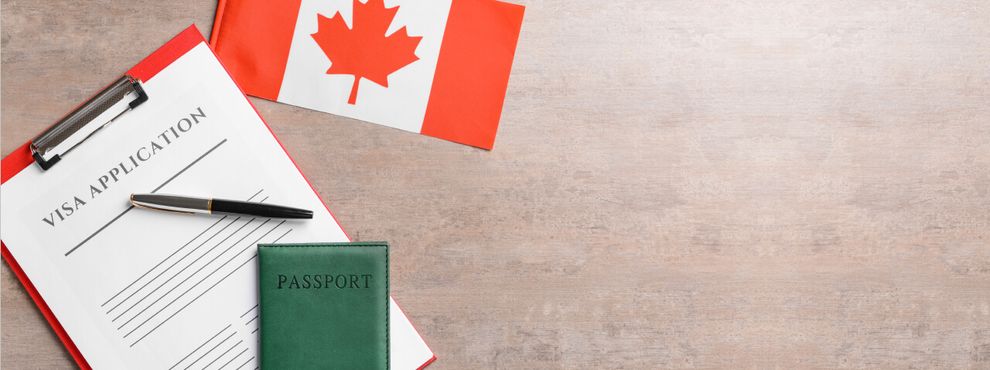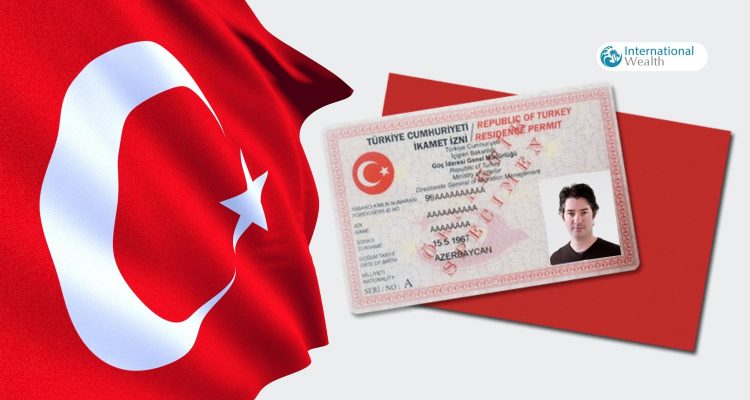Welcome to our comprehensive guide on Turkey visa application process! Planning a trip to Turkey is an exciting endeavor, filled with rich history, vibrant culture, and breathtaking landscapes. To ensure you have a smooth and hassle-free journey, navigating the visa application process is crucial. Whether you’re a seasoned traveler or embarking on your first international adventure, this blog post will provide you with all the essential information and step-by-step guidance needed to obtain your Turkey visa. So grab your passport and let’s dive into this ultimate guide that will make applying for your Turkish visa as easy as sipping tea at Istanbul’s iconic Grand Bazaar! TURKEY VISA APPLICATION
What is a Turkey Visa?
If you are planning to travel to Turkey, you will need a visa. A visa is not required for citizens of the European Union, United States (US), Canada, Japan, Brunei, Australia and New Zealand. For citizens of other countries, see the Turkish Republic of Northern Cyprus article for information on obtaining a visa from Turkey.
To apply for a Turkish visa, you must go to a Turkish consulate or embassy in your home country. In most cases, you will need to provide your passport and two recent photos. The consulate or embassy may also require documentation proving your reason for traveling to Turkey and evidence that you have sufficient funds to cover your stay. Depending on the type of visa you are applying for, you may also be required to provide information about your intended destination and return date.
Once all the requirements have been met, the consulate or embassy will issue you a visa application form. You should then complete and submit the form along with any requested documents to the consulate or embassy. You should also keep a copy of all documentation submitted in case there is an issue with your visa application later on.
Once your application has been processed and approved, you will receive notification in the mail. If everything goes as planned, you will then be able to travel to Turkey and begin your vacation!
How to Apply for a Turkey Visa
The Turkey visa application process is relatively simple, although there are a few important things to remember. The first step is to gather all of the necessary documentation. This includes your passport, a valid visa from your home country, and proof of residence, such as a recent utility bill or bank statement. Next, you’ll need to make an appointment at the Turkish embassy or consulate in your home country. Once there, you’ll be given an application form and asked to fill it out. You’ll also be asked to provide your passport photo and any other pertinent information. You’ll need to submit all of the required documents with your application. TURKEY VISA APPLICATION
Requirements for a Turkey Visa
To apply for a Turkish visa, you will need to provide your passport information, a valid travel document (such as a driver’s license), proof of your accommodation and funds for your stay. You must also have evidence of your current address, such as a utility bill or bank statement. The Turkish consulate in the country where you are applying may also require additional documentation.
The application process can take up to two months, but it’s worth it – visas are generally valid for three months and can be extended once for an additional three months. If you’re applying from within Turkey, you will need to visit the embassy or consulate in person and present all of the required documents. If you’re applying from outside of Turkey, you’ll need to submit your application by mail.
How to Prepare for the Turkey Visa Interview
The Turkey visa application process can be a daunting one, but with the help of this comprehensive guide, you’ll be well on your way to securing a visa and experiencing all that the country has to offer.
1. Start by gathering all of your necessary documents. For Turks who are already living in Europe or North America, you will need to gather proof of your citizenship (e.g., passport), residency status (e.g., driver’s license), and employment information (if applicable). You will also need to provide documentation proving that you have enough money to cover your stay in Turkey and enough funds available for travel costs should you decided to visit any of the country’s UNESCO World Heritage Sites.
2. Next, gather all of the paperwork required for your specific nationality/residency status. If you are a Turkish citizen residing outside of Turkey, you will need your passport, permanent residence card (if applicable), and citizenship certificate (if issued by the Turkish government). If you are a foreign national residing in Turkey, you will need only your passport.
3. Once you have gathered all of your required documents, it is time to start preparing for theTurkey visa interview process. The first step is to create a formal application package which includes everything from copies of your documents to letters of recommendation from acquaintances in Turkey. Once you have created your application package, it is time to schedule an appointment with one of the embassy’s consular officers for an interview.
The Process of Applying for a Turkish Visa
The process of applying for a Turkish visa is fairly straightforward, but can take some time and preparation. The most important thing to remember is to gather all of the required documents well in advance of your trip, as the application process can be lengthy and frustrating if you don’t have everything ready.
To apply for a Turkish visa, you will first need to create an online account with the Turkish Ministry of Foreign Affairs (MFA). After entering your full name, date of birth, email address, and password into the MFA website, you will then be prompted to upload your passport photo. Once this has been completed, you will be able to begin the application process by selecting the type of visa you wish to apply for from the menu on the left-hand side of the screen.
Once you have selected your visa type, you will be presented with a list of required documents. The most important document you will need to submit is your passport photo; make sure to include a copy in your online application submission. You will also need a valid passport that has at least six months remaining before your planned departure from Turkey; it is not possible to apply for a Turkish visa if your passport is already expired or has been revoked. Additionally, all travelers must provide proof of sufficient funds (in cash or bank transfer) in order to cover any expenses related to their stay in Turkey, such as travel costs and medical care should they require it. Applicants must also provide evidence that
Frequently Asked Questions about Turkey Visas
1. What is the visa requirement for Turkey?
Turkey does not require a visa for citizens of most countries, however, there are some exceptions and requirements. Check the Turkish government’s website for the most up-to-date information on entry requirements:
a. U.S. citizens require a tourist visa if they are visiting for less than 60 days or if they are traveling with their spouse and children who are under 18 years old.
b. Canada citizens require a tourist visa if they are visiting for less than six months or if they are traveling with their spouse and children who are over 18 years old but under 28 years old.
c. British citizens require a tourist visa if they are visiting for less than three months or if they are traveling with their spouse and children who are over 18 years old but under 26 years old.
d. Australians require a tourist visa if they are visiting for less than six months or if they are traveling with their spouse and children who are over 18 years old but under 30 years old.
e. New Zealand citizens require a tourist visa if they are visiting for less than three months or if they are traveling with their spouse and children who are over 16 years old but below 25 years old (provided that no one in the family has a pre-existing criminal record).
f. South Koreans require a tourist visa if they are visiting for less than three months or if they hold diplomatic passports from any country other than North Korea or


